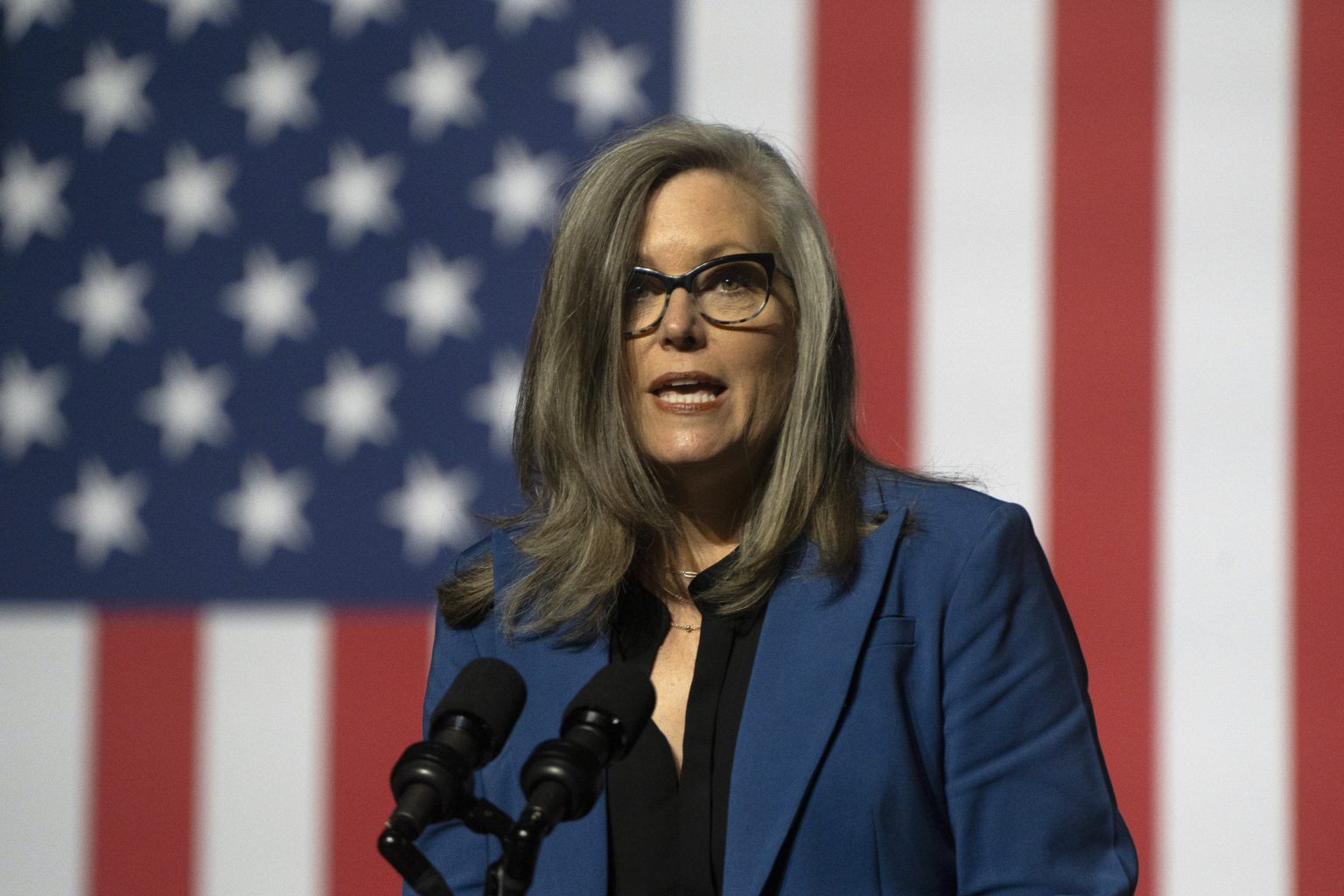Arizona Governor Katie Hobbs, a Democrat, recently signed a bill repealing the state’s 160-year-old abortion ban. The ban, enacted in 1864, prohibited abortions except to save the life of the mother and had gone unenforced for decades following the federal protections for abortion rights established in the Roe v. Wade ruling of 1973. However, the Arizona Supreme Court ruled earlier this month that the ban was enforceable, prompting outrage among reproductive rights activists. The repeal of this near-total abortion ban comes as a response to the Supreme Court overturning Roe v. Wade in 2022, allowing individual states to handle abortion regulations independently.
The repeal of the near-total abortion ban in Arizona was met with support and applause, with Governor Hobbs stating that the move provided a moment of relief for Arizonans. However, she emphasized that there is still work to be done, as the current ban does not include exceptions for cases of rape or incest and fails to address complications during pregnancy. Additionally, women’s access to contraception and in-vitro fertilization (IVF) is not guaranteed under the existing regulations. Hobbs called for a recommitment to protecting women’s bodily autonomy and their ability to make their own healthcare decisions, as well as control their lives.
Despite the repeal, Arizona Attorney General Kris Mayes indicated that the near-total abortion ban will still be in effect until at least June 27, as the repeal will not go into effect until 90 days after the current legislative session ends. Arizona’s legislative session does not have a specific end date, with recent sessions ending in late June or even as late as August. This means that the 1864 ban could potentially remain in effect through the summer and fall before the repeal takes effect, making abortion legal for the first 15 weeks of pregnancy once the repeal is implemented.
The repeal of Arizona’s near-total abortion ban highlights the ongoing debate and legislative actions surrounding reproductive rights in the aftermath of the Supreme Court’s decision to overturn Roe v. Wade. It also underscores the importance of state-level regulations and protections for abortion access, as individual states are now able to determine their own abortion policies. The repeal signifies progress in expanding women’s reproductive rights and autonomy in Arizona, despite the challenges and delays in fully enacting the changes due to the legislative process and timing constraints.
Governor Hobbs’ decision to sign the bill repealing the near-total abortion ban reflects her commitment to advancing women’s rights and healthcare in Arizona. By taking this action, she has sparked hope and relief among proponents of reproductive rights while acknowledging the continued work needed to ensure comprehensive access to healthcare services, including abortion, for women across the state. As the repeal moves closer to implementation, it is likely to have a significant impact on women’s health and autonomy in Arizona, setting a precedent for other states facing similar challenges in the wake of changes to federal abortion regulations.


